Hydraulic Excavator Bucket Teeth Classification



| Product name: | Hydraulic Excavator Bucket Teeth Classification |
| Keywords: | Hydraulic excavator bucket teeth, two-piece bucket teeth, one-piece bucket teeth, tooth tips, cast bucket teeth, heat treatment of bucket teeth, rock-type bucket teeth; excavator pins, alloy steel bucket teeth |
| Industry: | Metallurgy and minerals - Mining industry |
| Process: | Casting - Others |
| Material: | Alloy steel |
Processing manufacturer
- There are 35 manufacturers that provide similar products
- There are 196 manufacturers that provide this processing technology
- There are 113 manufacturers that provide this material processing service
- There are 105 manufacturers that provide this industry processing service
Product details
The classification of hydraulic excavator bucket teeth mainly depends on their structural form and applicable working conditions.
Structurally, they are divided into one-piece and two-piece types. Modern excavators generally use a two-piece design, which consists of a tooth seat welded to the bucket lip and a tooth tip connected by a pin. This design greatly improves the convenience and economy of replacement.
For different working materials, such as soil, rock, or gravel, the tooth tips are designed in different shapes such as standard type, rock type, and reinforced type to achieve the best balance between insertion force, wear resistance, and impact resistance.
The manufacturing of bucket teeth is a technology that integrates materials and processes, and its core lies in casting and heat treatment. High-quality alloy steel is cast into shape after smelting, and precision casting processes such as lost foam casting are widely used to ensure the density and dimensional accuracy of the castings. After casting, the bucket teeth need to undergo crucial quenching and tempering heat treatment. This process determines their final mechanical properties, making them have both extremely high surface hardness to resist wear and sufficient core toughness to withstand impact. Subsequent machining mainly focuses on the precision drilling of pin holes to ensure the assembly accuracy with the tooth seat. Finally, through quality inspection and painting, the manufacturing of a reliable bucket tooth product suitable for specific harsh working conditions is completed.
Structurally, they are divided into one-piece and two-piece types. Modern excavators generally use a two-piece design, which consists of a tooth seat welded to the bucket lip and a tooth tip connected by a pin. This design greatly improves the convenience and economy of replacement.
For different working materials, such as soil, rock, or gravel, the tooth tips are designed in different shapes such as standard type, rock type, and reinforced type to achieve the best balance between insertion force, wear resistance, and impact resistance.
The manufacturing of bucket teeth is a technology that integrates materials and processes, and its core lies in casting and heat treatment. High-quality alloy steel is cast into shape after smelting, and precision casting processes such as lost foam casting are widely used to ensure the density and dimensional accuracy of the castings. After casting, the bucket teeth need to undergo crucial quenching and tempering heat treatment. This process determines their final mechanical properties, making them have both extremely high surface hardness to resist wear and sufficient core toughness to withstand impact. Subsequent machining mainly focuses on the precision drilling of pin holes to ensure the assembly accuracy with the tooth seat. Finally, through quality inspection and painting, the manufacturing of a reliable bucket tooth product suitable for specific harsh working conditions is completed.
Previous article : Machining Process of Core Drilling Rig Head
Next article : Excavator Flat-Lip Bucket Teeth
Similar products
More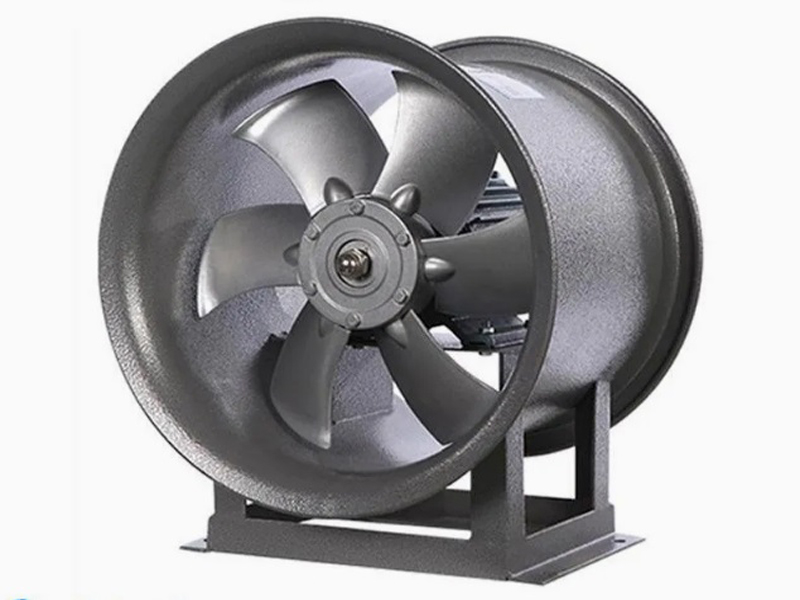
What are the machining processes used for processing axial fan housings
- Process : Sheet metal - Welding
- Material : Carbon steel
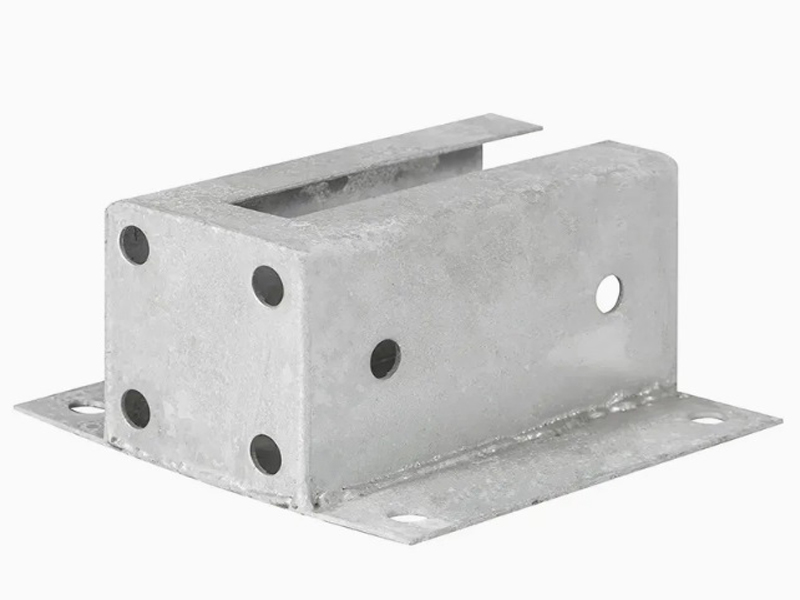
Machining Process Analysis of Carbon Steel Fixed Anchor Plates
- Process : Machining - CNC milling or milling machining
- Material : Carbon steel
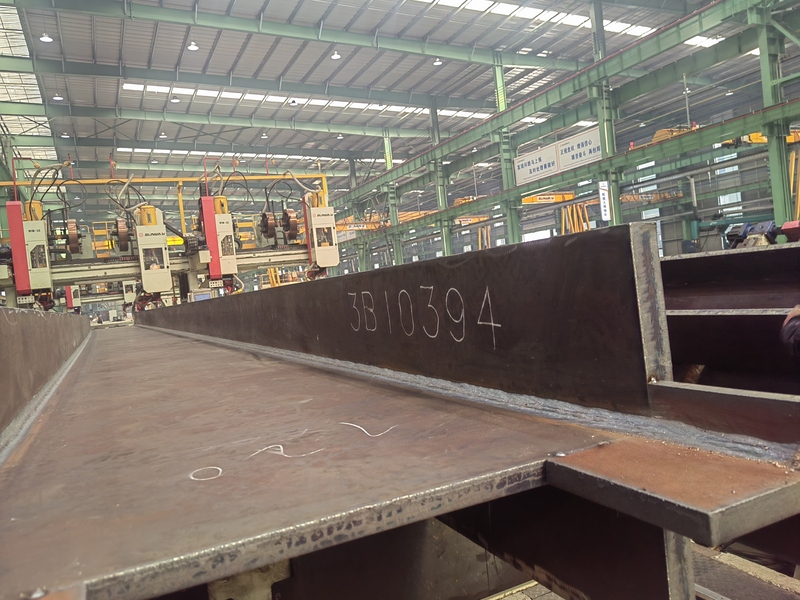
Custom Fabrication of S355JR Welded H-Beams for Construction Projects
- Process : Sheet metal - Welding
- Material : Carbon steel
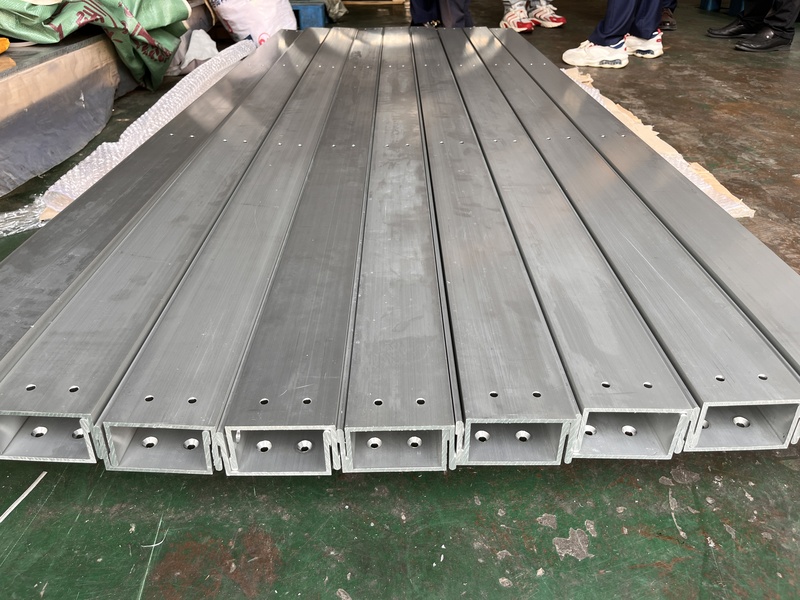
Precision Machining of U-Steel Profiles for Building Applications
- Process : Stamping - General stamping
- Material : Aluminum
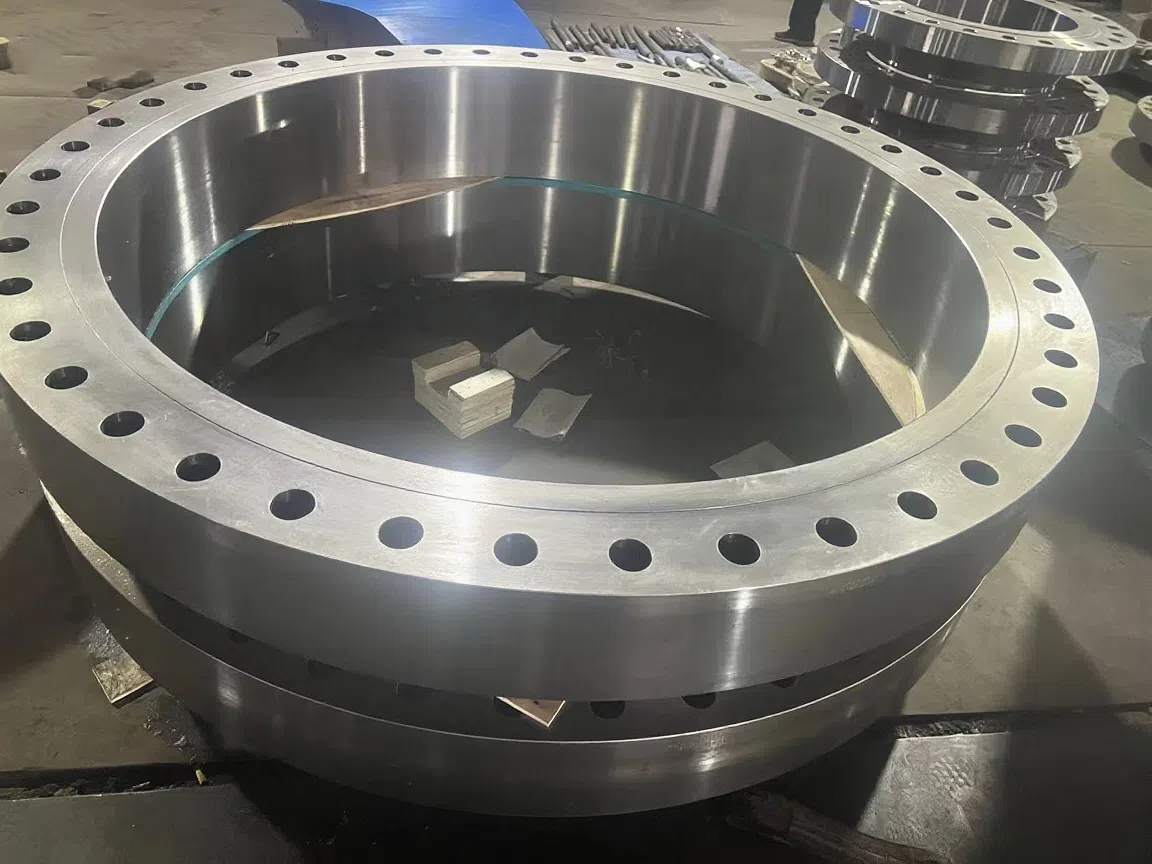
Heavy-Walled Flange Milling-Turning Machining and Flaw Detection
- Process : Machining - Turning Milling compound
- Material : Alloy steel
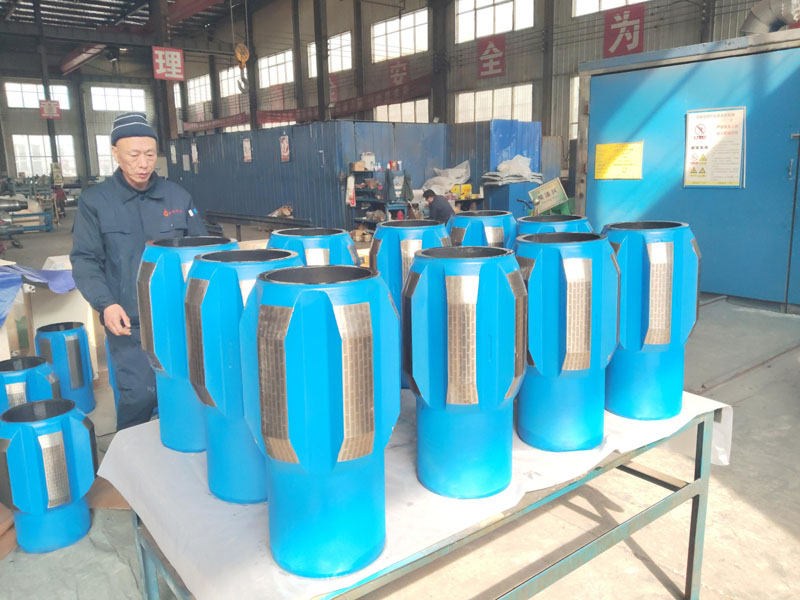
Drill Stabilizers Applied in Oil Drilling Platforms
- Process : Machining - Five-axis machining
- Material : Alloy steel
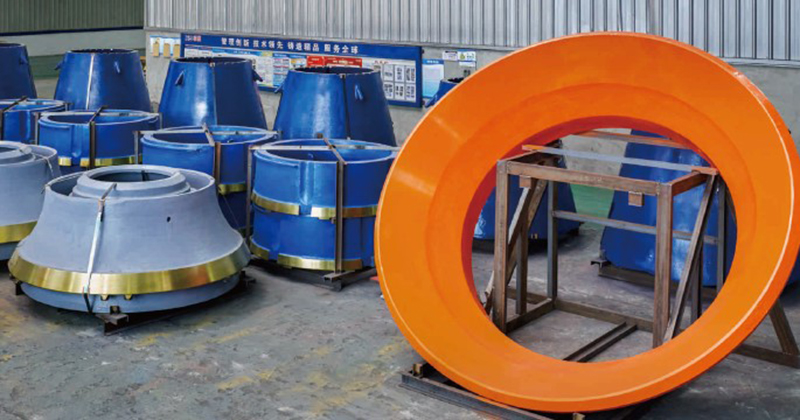
Cone Crusher Mantle
- Process : -
- Material :
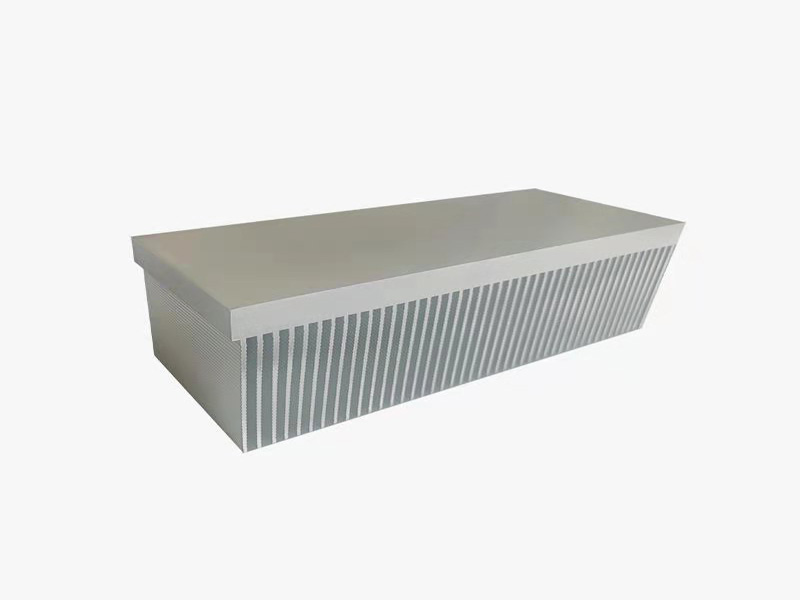
Innovative skiving technology: Breaking through the bottleneck of high-density heat dissipation technology
- Process : Surface treatment - Others
- Material : Alloy steel
More products
More
What are the machining processes used for processing axial fan housings
- Process : Sheet metal - Welding
- Material : Carbon steel

Machining Process Analysis of Carbon Steel Fixed Anchor Plates
- Process : Machining - CNC milling or milling machining
- Material : Carbon steel

Custom Fabrication of S355JR Welded H-Beams for Construction Projects
- Process : Sheet metal - Welding
- Material : Carbon steel

Precision Machining of U-Steel Profiles for Building Applications
- Process : Stamping - General stamping
- Material : Aluminum

Heavy-Walled Flange Milling-Turning Machining and Flaw Detection
- Process : Machining - Turning Milling compound
- Material : Alloy steel

Drill Stabilizers Applied in Oil Drilling Platforms
- Process : Machining - Five-axis machining
- Material : Alloy steel

Cone Crusher Mantle
- Process : -
- Material :

Innovative skiving technology: Breaking through the bottleneck of high-density heat dissipation technology
- Process : Surface treatment - Others
- Material : Alloy steel